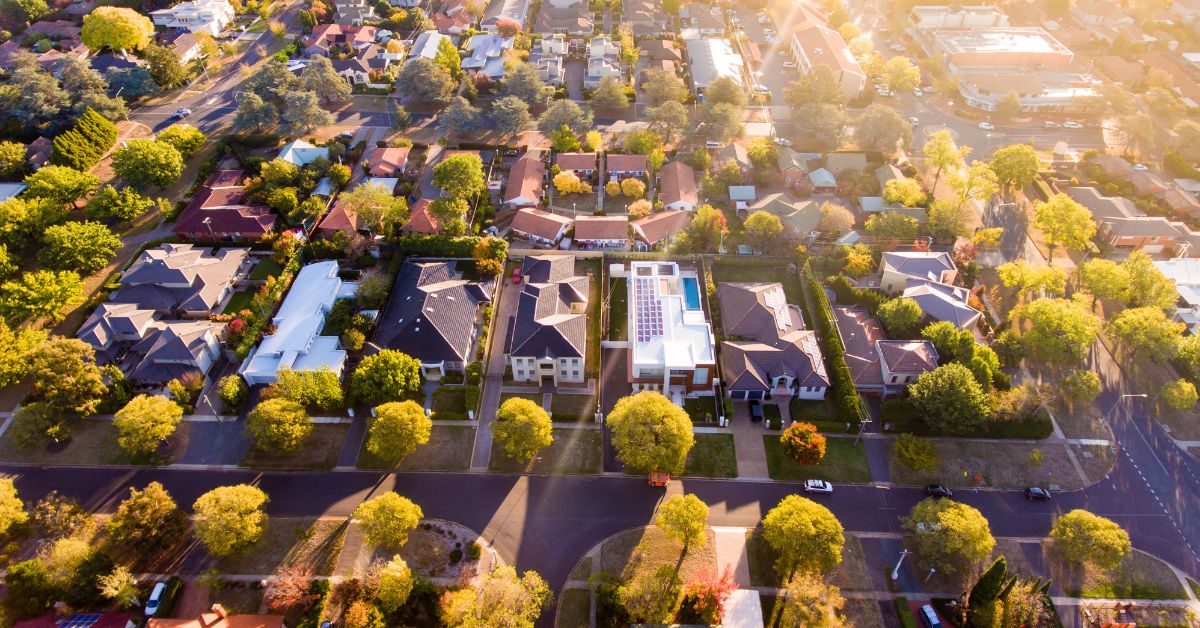Getting your farm ready to sell

Farms are not just homes, they are investments, businesses, a place where families are raised, responsibilities are learnt and a place where people grow.
Farms are much more than just a package of land. This is why you want to take the right steps when getting your farm ready to sell.
Preparing a farm for sale requires careful planning and attention to detail. You need a willingness to invest time and resources to ensure the property is presented in the best possible light. To help you get the best result, let’s take a closer look at some of the steps involved in preparing your farm for sale.
Conduct a thorough evaluation of your property
The first step in preparing your farm for sale is to conduct a thorough evaluation of your property. This includes identifying any maintenance or repair issues that need to be addressed. This will help you assess the overall condition of the property. Take the time to walk around the farm and make note of any issues that potential buyers may notice. This could include broken fences, damaged buildings, or overgrown pastures.
Make any necessary repairs or upgrades
Once you've identified any issues that need to be addressed, make sure you make the necessary repairs or upgrades. This may include fixing broken fences, repairing damaged buildings, and ensuring paddocks are well-maintained. You may also want to consider making upgrades to the property. Is it due for fencing? You might want to update buildings, or installing new equipment. These upgrades can help to increase the value of the property and make it more attractive to potential buyers.
Get your paperwork in order
Before you can sell your farm, you'll need to make sure that all of your paperwork is in order. This includes ensuring that your property title is clear, obtaining any necessary permits or licenses. You want to ensure your tax records are up-to-date. If you're unsure about what paperwork you need to prepare, talk with a real estate agent or solicitor who can guide you through the process.
Appoint a real estate agent
It's often a good idea to work with a real estate agent who has experience in selling agricultural properties. A real estate agent can help you to price your property appropriately, market it effectively, and negotiate with potential buyers. They can also help you identify any issues that may affect the sale of your property. They will also have contacts and recommendations to help address them.
Develop a marketing strategy
To sell your farm successfully, you'll need to develop a marketing strategy that will help you to reach potential buyers. This may include listing your property on real estate websites, creating print ads, and networking with other farmers and agricultural professionals. You may also want to consider hosting an open house or other events to showcase your property to potential buyers.
Prepare your property for showings
When potential buyers come to view your property, it's important to make sure that it's in the best possible condition. This includes removing rubbish, ensure that buildings are well-lit and ventilated, and paddocks are tidy. Don’t underestimate the home, you want to make it look inviting to help potential buyers envision themselves living there and working on the farm.
Determine the value of your farm
One of the most important steps in preparing your farm for sale is determining its value. This will help you to set an appropriate price and ensure that you get a fair deal when you sell your property. You may want to consider working with a real estate agent who specialises in rural properties to get an accurate estimate of your property's value. Factors that may impact the value of your farm include the size of the property, the quality of the land, the condition of the buildings, and the availability of resources such as water and electricity.
Consider the timing of your sale
Timing is an important consideration when selling a farm. You'll want to choose a time that is conducive to a successful sale and minimises your risks. For example, you may want to avoid selling your property during periods of economic uncertainty or when there are large numbers of other agricultural properties on the market. Working with a real estate agent who understands the local market can help you to determine the best time to sell your property.
Be prepared to negotiate
It's important to be prepared to negotiate with potential buyers. This may involve making concessions on price, terms, or other issues in order to close the sale. Be sure to work closely with your real estate agent to understand your options and develop a negotiation strategy that works for you.
Make sure your property is compliant with regulations
There are a number of regulations that apply to the sale of agricultural properties. You'll want to make sure that your property is compliant with these regulations to ensure a smooth and successful sale. For example, you may need to obtain a resource consent if you plan to make any changes to the land or buildings. You may also need to comply with regulations related to water quality, effluent management, and other environmental issues.
Consider leasing your property
If you're not ready to sell your farm outright, you may want to consider leasing it instead. Leasing can be a good option if you want to generate income from your property but don't want to give up ownership. There are a variety of lease options available, offering room for negotiations for the length of the term. Working with a real estate agent who has experience in leasing agricultural properties can help you to find the right lease arrangement for your needs.
Leasing your property out could also be a contingency plan in case the sale of your property falls through.
Prepare for due diligence
Once you've found a potential buyer for your property, they will likely conduct due diligence to ensure that the property is a good investment. This may include a physical inspection of the property, a review of financial records, and an assessment of any legal issues that may impact the sale. It's important to be prepared for due diligence. Make sure you gather all necessary documentation and address issues that may be identified during the process.
Preparing your farm for sale can be a complex process, but with careful planning and attention to detail, you can increase your chances of a successful sale. By conducting a thorough evaluation of your property and partnering with a knowledgeable real estate agent, you can set yourself up for a successful sale. Then you can enjoy a smooth transition to your next venture.
Share


